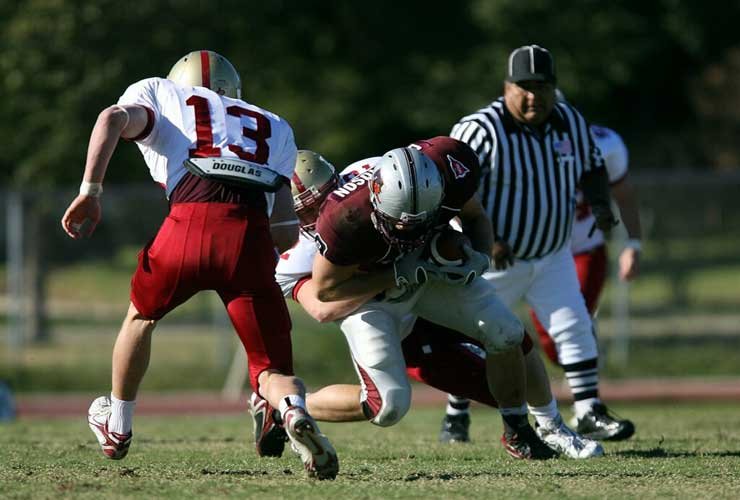For many young athletes, a career in professional sports and the fame and riches that comes with it is a dream come true. In actuality, only a small percentage of people make it to the big leagues, and even then, financial success isn’t assured. After a profitable sporting career, a lengthy list of professional players have spent millions, made disastrous investments, or filed for bankruptcy. Sports is one of the few businesses in which professionals make the majority of their money early in their careers, adding to the need to handle it in such a way that it lasts a long period, if not a lifetime. Short careers, the possibility of injury, and a sometimes opulent lifestyle placed such profits at risk. According to a survey conducted by the RBC Sports Professionals group, the average playing career in Major League Baseball (MLB) and the National Basketball Association (NBA) is 5 years, 6 years in the National Hockey League (NHL), and 7 years in the National Football League (NFL). Also, an RBC study found that MLB players retire at an average age of 29.5 years, followed by NHL players at 28.2 years, NBA players at 28 years, and NFL players at 27.6 years. Despite several eye-catching multi-million dollar deals, most rookie contracts this season are under $500,000 in most sports. Although signing incentives can help certain NFL rookies earn more money, they are uncommon in other sports. For a teenager or an early 20’s player that’s still a lot of money considering that he or she has been drafted right out of high school or college. Also, many of them have most likely never possessed and utilised a credit card or had to take responsibility for payment of domestic bills, and thus the financial burden might be intimidating. Athletes must recognise that financial decisions should not be made hastily, whether they are buying a new house or starting a side company. “Mistakes arise when you make judgments too quickly,” says Todd Burach, senior relationship manager for sports and entertainment at City National Bank (CNB) in New York. According to Tom Sagissor, president of RBC Wealth Management in Minneapolis, who, like Chapman, was a former NHL draught pick, the key for young athletes is to become financially educated, which helps them make the appropriate investment decisions early on. Sagissor was drafted in the fifth round of the 1985 NHL draught and spent many seasons in the lower leagues in Europe.According to Sagissor, the more assured athletes are in their financial, tax, and legal affairs, the less distraction they’ll have on the field, court, or ice. “Players should start thinking about money as soon as they’re picked and keep doing so throughout their careers.” He adds, “You don’t have to be the highest-paid athlete to be financially successful.” Pro players’ retirements differ from regular people’s, and considerations for life after sports may involve paying off all of your obligations (if possible) and putting money into income-producing assets to fund retirement costs. Many athletes go into real estate, fashion, radio, or restaurants as a second job. Hundreds of players have gone broke or failed in commercial pursuits for every George Foreman and Venus Williams who have achieved success outside of sports. According to a Sports Illustrated story, almost 60% of former NBA players had squandered their riches within five years of retirement. Due to a short career, poor financial decisions, and an expensive lifestyle, NFL players may not be able to save enough for retirement. According to a research by the National Bureau of Economic Research, bankruptcy filings begin quickly after leaving the league and increase throughout the first 12 years of retirement. “It’s not about generating money; it’s about filling your time while avoiding spending money,” Sagissor explains. “Finding something you’re enthusiastic about is more important than achieving a home run with your business.” Present and former NBA stars such as Magic Johnson and LeBron James respectively, sought advice from business tycoons like Michael Ovitz, a Hollywood agent, and Warren Buffett, a billionaire investor. Some players are now investing in startups in the hopes of turning a small stake in a small company into the next Google. “Business savvy athletes like LeBron James and his Blaze Pizza [one of his investments] are making it fashionable,” Burach argues. “It inspires future players to follow in their footsteps.” There’s a fine line between devoting yourself to your current job and planning for the future.”

